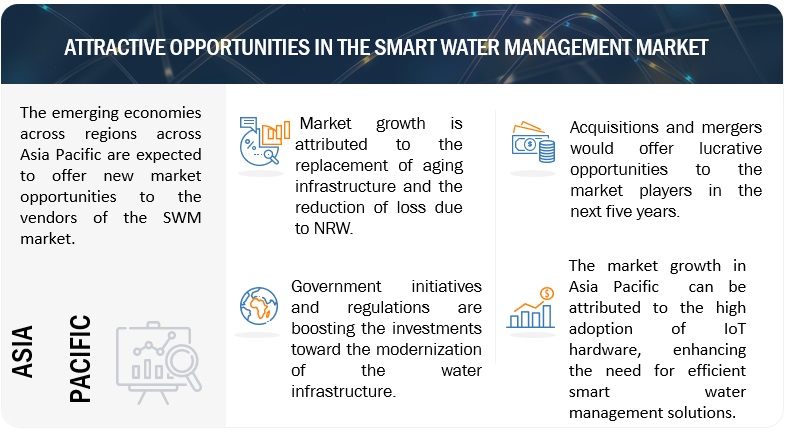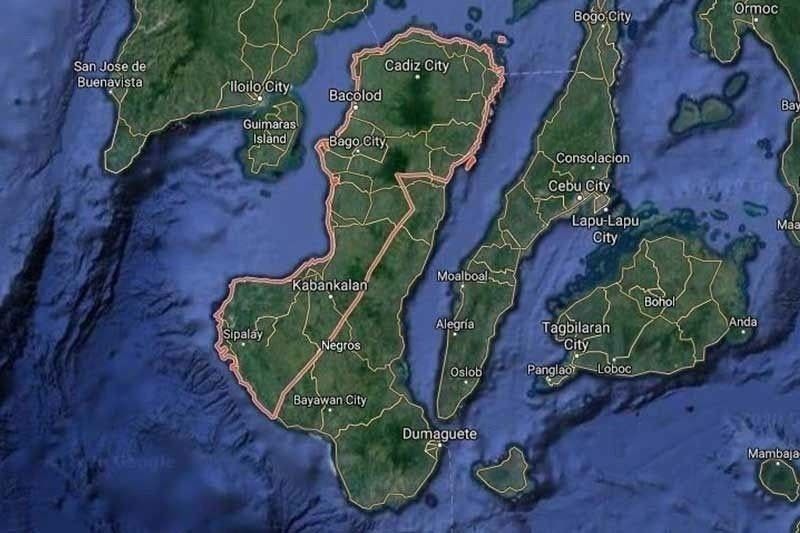Business
Vietnam Urges US to Reconsider Potential Seafood Export Ban Over Fishing Practices
Juancho Mabini
24 Jan, 2026

Vietnam has formally appealed to the United States to reconsider a recent decision that might result in a ban on certain Vietnamese seafood exports to the American market from next year. This move could significantly impact Vietnam’s economy, which is already grappling with the effects of U.S. tariffs.
On Monday, Vietnam’s Minister of Industry and Trade, Nguyen Hong Dien, sent a letter to U.S. Commerce Secretary Howard Lutnick urging the reversal of the August ruling by the U.S. National Oceanic and Atmospheric Administration (NOAA). NOAA had ruled that 12 Vietnamese fishing methods pose threats to marine mammals, thereby rejecting Vietnam’s request for a “comparability finding” under the Marine Mammal Protection Act.
Vietnam relies heavily on the U.S. market for seafood exports. From January to August, shipments to the United States grew by 6.9% year-on-year, reaching $1.24 billion and representing 17.3% of the country’s overall seafood exports, according to Vietnamese customs data.
NOAA had previously notified Vietnam’s agriculture ministry that denying the comparability certification means that fish and fish products caught using the 12 disputed methods cannot be exported to the U.S. after January 1, 2026. The affected seafood includes crucial species such as tuna, swordfish, grouper, mackerel, mullet, crab, and squid.
Minister Dien highlighted in his letter that overturning this decision would help prevent major trade disruptions and safeguard the livelihoods of hundreds of thousands of Vietnamese fishermen and workers reliant on the sector.
This request comes amid heightened trade tensions, with the U.S. imposing a 20% tariff on Vietnamese goods as of August 7, and a 40% tariff on transshipments routed through Vietnam. Vietnamese exports to the U.S. declined by 2% from July to $13.94 billion in August.
“Vietnam regards the United States as a key trade partner and remains committed to collaborating closely to address existing challenges in a constructive and forward-looking manner,” Dien said.
Vietnam has faced scrutiny over fishing practices before; in 2017 the European Commission issued a “yellow card” warning for insufficient efforts against illegal, unreported, and unregulated fishing, which resulted in reduced seafood exports to the European Union.
As Vietnam seeks to protect a vital industry, the outcome of this appeal could have major ramifications for its seafood trade and broader economic relations with the United States.
Recommended For You

Mandaue City Councilor Urges Strict Enforcement of Storm Ordinance to Promote Rainwater Harvesting
Jan 24, 2026
Amado Panganiban

Metro Pacific Investments Reports 14% Increase in Core Net Income Driven by Power and Water Units
Jan 24, 2026
Juancho Mabini

Negros Occidental Assures Adequate Rice Supply Despite Typhoon Tino Damages
Jan 24, 2026
Amado Panganiban

Twelve Communist Rebels Surrender in Maguindanao del Sur, Signaling Decline in Insurgency
Jan 24, 2026
Teofilo Abad
